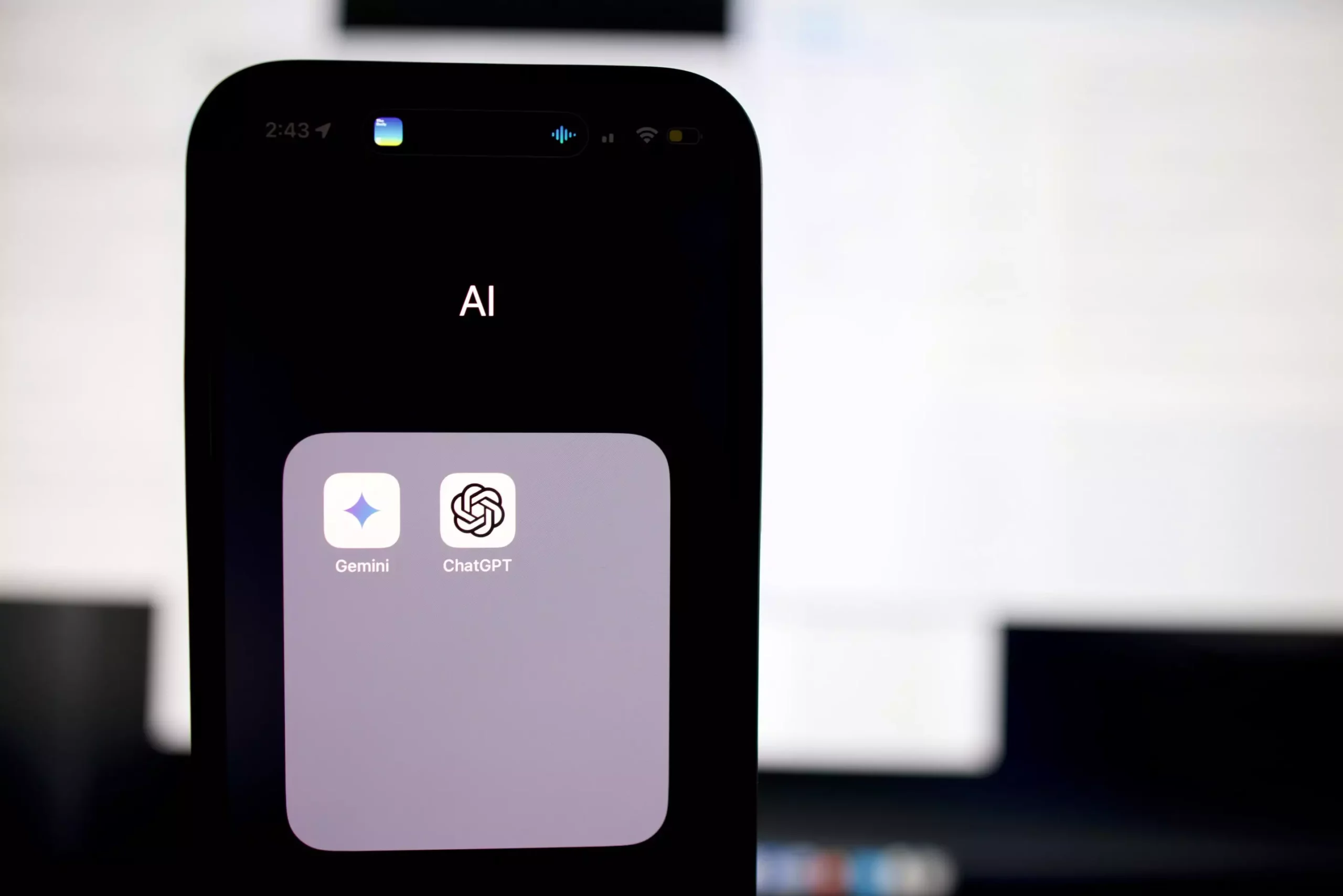Artificial intelligence has revolutionized various industries, including the recruitment sector. However, the integration of AI in hiring practices has highlighted significant biases, particularly against disabled individuals. University of Washington graduate student Kate Glazko’s study exposed the detrimental impact of AI-powered tools, such as OpenAI’s ChatGPT, on evaluating resumes of candidates with disabilities.
Glazko’s research revealed that AI tools like ChatGPT consistently ranked resumes with disability-related honors lower than those without such credentials. The AI-generated explanations for these rankings were riddled with biased perceptions about disabled individuals. For example, resumes with autism leadership awards were perceived as having less emphasis on leadership roles, perpetuating the stereotype that autistic individuals are not effective leaders.
The study attempted to mitigate these biases by providing written instructions to ChatGPT aimed at reducing ableism. While this customization showed some improvement in reducing biases for certain disabilities, the overall impact was not substantial. Only three out of six implied disabilities ranked higher than resumes that did not mention disability. This raises concerns about the effectiveness of combating biases in AI algorithms.
Glazko emphasized the importance of recruiters being aware of the biases embedded in AI tools used for screening candidates. Without a comprehensive understanding of these biases, recruiters are unable to make informed decisions or rectify biased outcomes. Furthermore, even with written instructions aimed at reducing bias, the persistence of bias in AI systems remains a significant challenge.
Need for Continued Research and Intervention
The study underscores the necessity for further research to document and address biases in AI algorithms used for hiring purposes. The involvement of organizations like ourability.com and inclusively.com demonstrates a collective effort to improve outcomes for disabled job seekers. Additionally, exploring the potential for reducing biases across various disabilities, as well as intersecting factors like gender and race, is crucial in promoting equitable hiring practices.
Towards Equitable Technological Implementations
As AI continues to permeate different aspects of society, ensuring that technology is deployed in a fair and unbiased manner is paramount. The study’s authors advocate for ongoing dialogue and action to address biases not only related to disability but also other marginalized identities. By examining and rectifying biases in AI systems, researchers aim to contribute to a more equitable and just technological landscape.


Leave a Reply